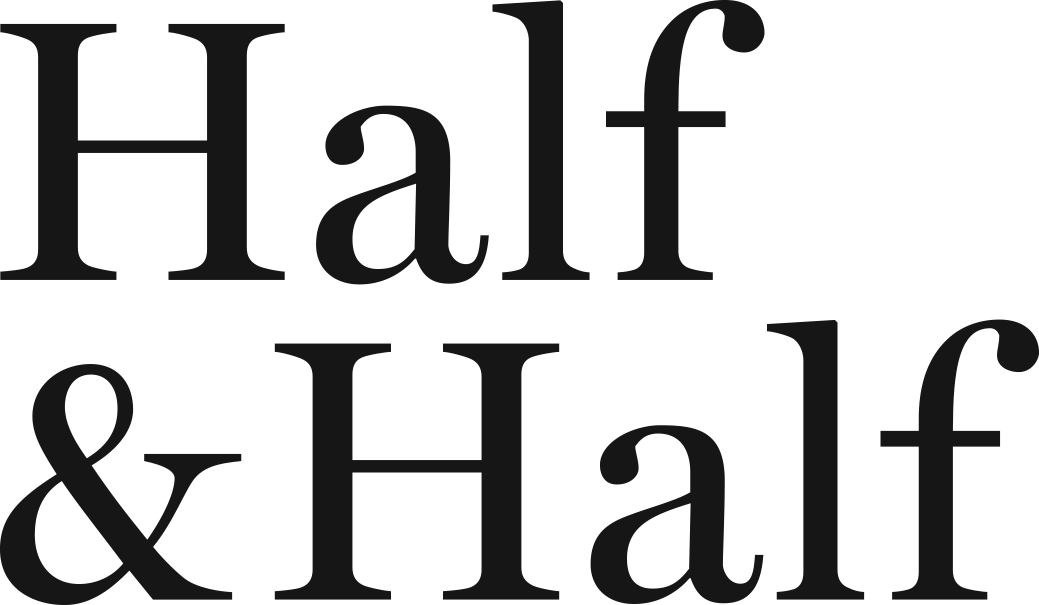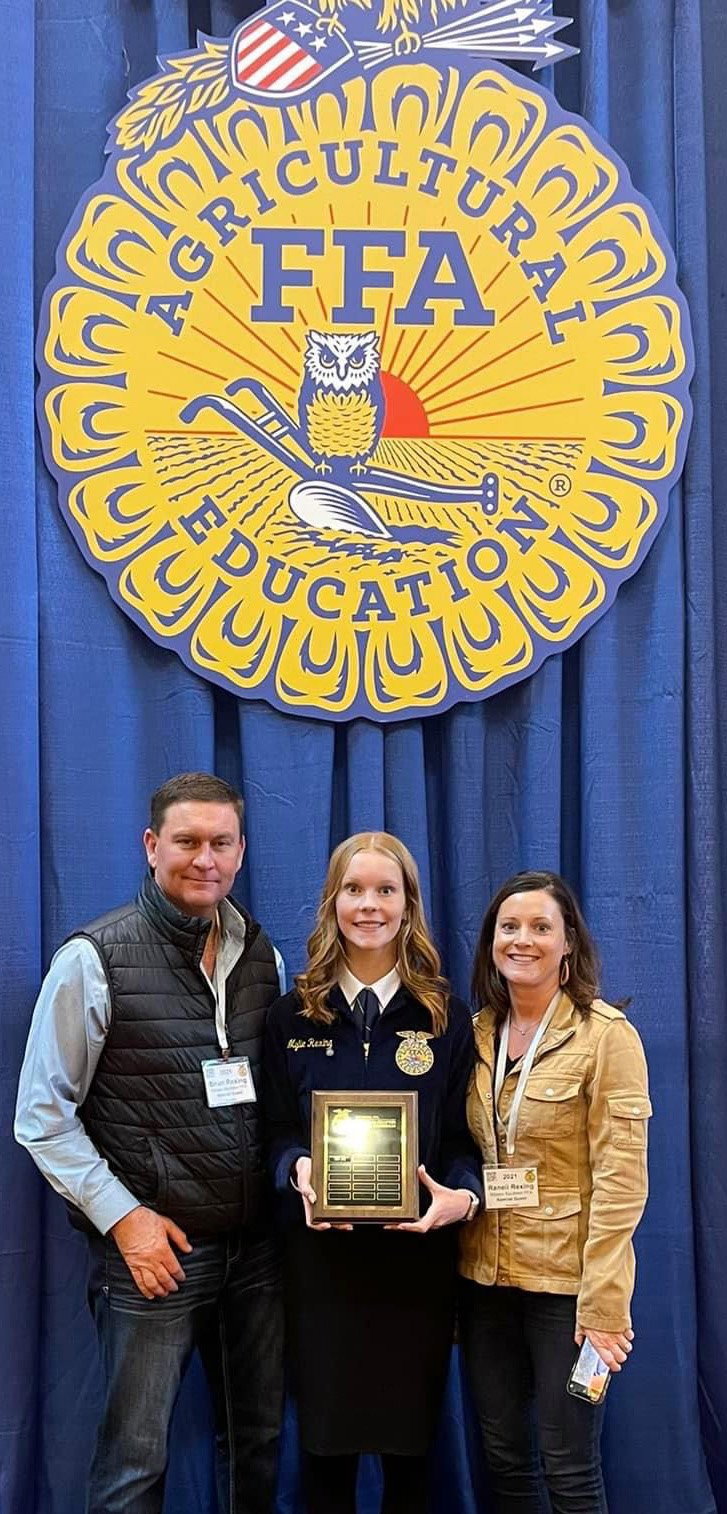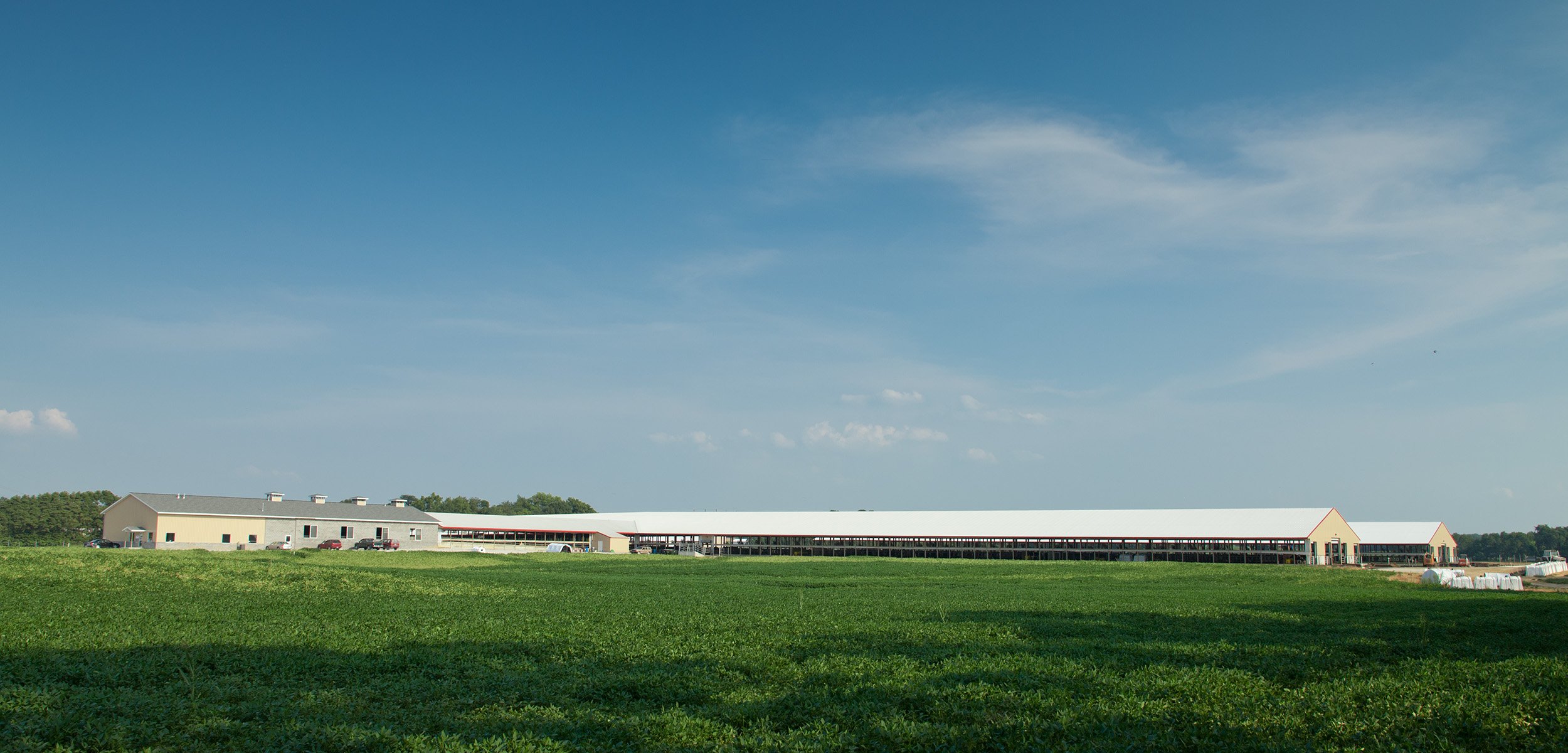Showdown
/While most of us are eating our way through the stalls at the fair (funnel cakes, corn dogs, ears of corn dripping with butter — oh yes!) or losing our money trying to win a giant stuffed teddy bear, dairy farm families like the Haases in Parker, S.D., are showing their cows for competition.
The busy livestock showing season kicks off at the local county fair in August and wraps up with World Dairy Expo, one of the best-known dairy cattle shows in the world, in October. The Haase family owns DaBru Dairy, and third-generation dairy farmers and brothers Bruce and Dustin, who both showed cows as kids, are now proud to watch Dustin’s kids, Natalie, Paige and Neil, follow in their footsteps.
“Showing livestock teaches my kids valuable lessons, like the importance of good sportsmanship, responsibility for animal care and an appreciation for the effort that goes into producing and raising quality livestock,” Dustin says.
The Haase siblings compete in livestock shows at the local, state and national level — an opportunity that allows them to display their knowledge of dairy cows while networking with new mentors and friends from across the country.
In October 2021, Neil was nominated for the Red and White Dairy Cattle Association Junior All-American Award for his red heifer at World Dairy Expo, placing 12th out of 43 in his calf class. His sister, Natalie, had been nominated for the same Red and White Dairy Cattle Association Junior All-American and All-American awards with her red yearling in 2019. The past few years, Natalie and Paige have received junior herdsmanship awards and interest-free, five-year loans through a local bank to purchase and raise their own heifers (young female cows that haven’t had any calves). “These awards are teaching the kids financial responsibility,” Dustin says.
Fit for show
The Haase family milks 600 Holstein cows and farms 7,000 acres in South Dakota. Natalie, Paige and Neil are each integrated into the daily responsibilities on the farm, including genetic biology, which allows the Haases to improve their herd's genetic makeup faster between generations.
“Showing livestock teaches my kids valuable lessons, like the importance of good sportsmanship, responsibility for animal care and an appreciation for the effort that goes into producing and raising quality livestock.”
“Raising our kids on the farm has been a great opportunity for them to learn more about running a business and how the world works,” Dustin says. “Our kids eat up data and technology, and it’s intriguing for them to see how we use both on the dairy.”
The Haase family is invested deeply in the genetics of their herd, focusing on the genetic build of their cows and calves to continuously improve their herd’s capabilities to produce milk and reproduce. The Haases take their expertise on genomics a step further, selling well-built, healthy cows to other dairy farmers as part of their business.
“With genomic testing, we’re always climbing the DNA ladder with our herd to ensure the cows are well-built for prosperous lives,” Dustin says.
With great focus and precision in crafting the genetics of their herd, the opportunity to show off their lovely ladies with others in the industry at competitions is an opportunity the Haases can’t pass up.
If you can tear yourself away from the fried oreos, the Haases encourage everyone to come watch the cattle shows at their local fairs.
“It’s not just for dairy farmers,” Dustin says. “We love to show our way of life with anyone and everyone.”







